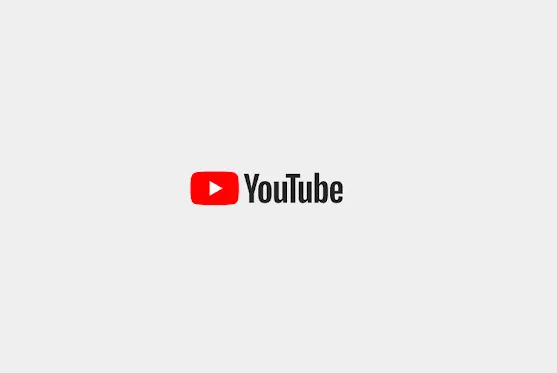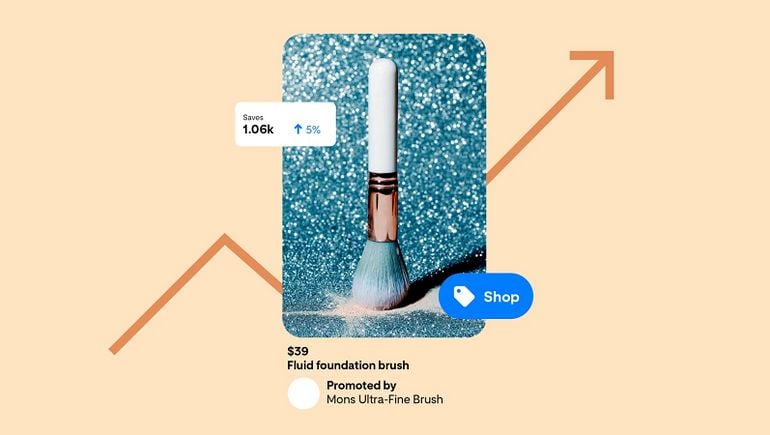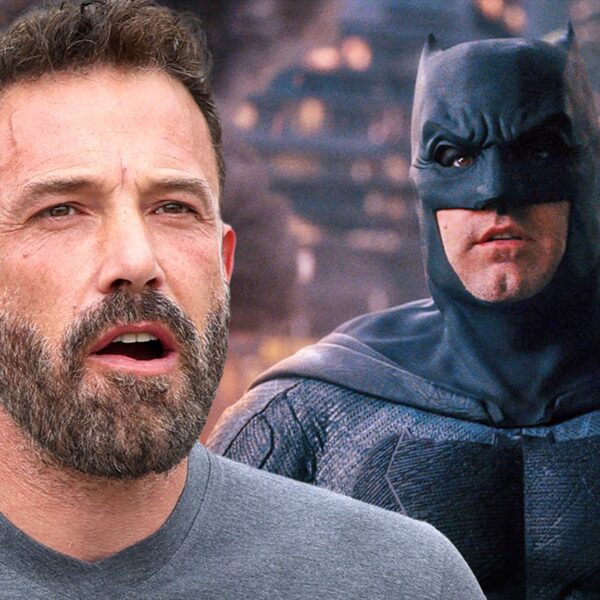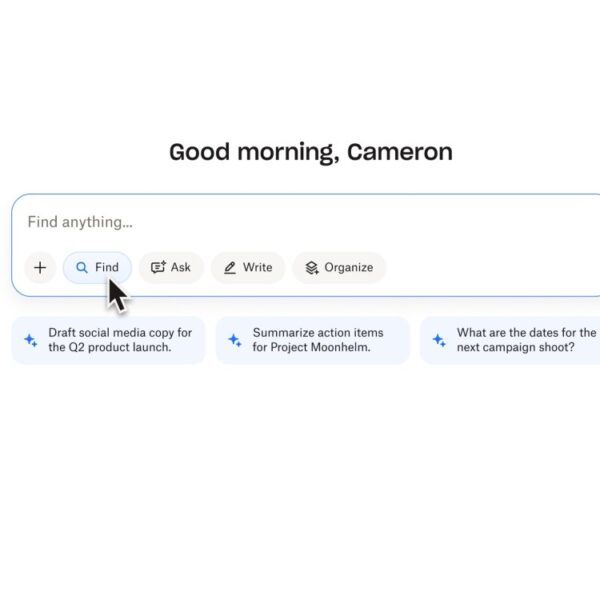YouTube has announced an update to its Advertiser Friendly Guidelines, which will mean that you can now include profanity early on in your videos, and still maintain monetization.
Which is a reversal of a monetization policy change that YouTube launched back in 2023, and it could be popular among many creators who’ve had their content demonetized due to violations of the platform’s profanity rules.
To recap, back in 2022, YouTube unveiled an update to its Advertiser Friendly Guidelines, including new rules around the presentation of inappropriate language and violence in uploaded clips. As a result, many gaming creators, in particular, found themselves at risk of violating the rules, because the games that they’re streaming sometimes feature violence, while creators also expressed frustration at how the new rules around profanity would limit monetization in all videos that featured bad language within the first 15 seconds.
YouTube sought to address the concerns about profanity in 2023, by reducing its restriction on ads to only videos that included strong profanity within the first 7 seconds. Which was better, though many creators have still been frustrated by how the policy is applied.
So now, YouTube will let you maintain full monetization for clips, even if they do include bad language in the first seven seconds.
As explained by YouTube’s head of monetization policy Connor Kavanagh:
“Today we’re updating our Advertiser Friendly Guidelines for content with strong profanity in the first seven seconds. These uploads will now be eligible to earn full ad revenue […] Previously, uploads with strong profanity in the first seven seconds would not be eligible for monetization, and would have gotten the yellow dollar icon.”
For those unaware, YouTube’s basic monetization levels are:
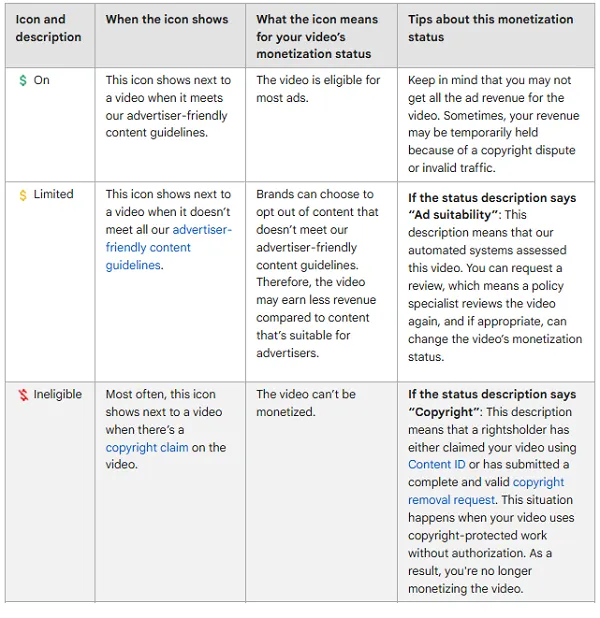
There are further qualifiers within each segment, but these are the basic three levels of content monetization.
So, yellow monetization means some restriction, and YouTube’s now removing this for videos that include swear words in those initial seconds.
Why do the first seconds of a video matter so much?
“Advertisers expect ads on YouTube to have distance between profanity and the ad that just served. Those expectations have changed, and advertisers already have the ability to target content to their desired level of profanity.”
So the early playback restriction relates to ad proximity, but YouTube is now confident that it can maintain monetization for clips that include such, based on the expanded placement controls that advertisers have.
Though there are still some provisos around bad language in your videos:
“While you can now use these words in the first seven seconds without impacting monetization status, it’s important to note that monetization will remain limited if you use moderate or strong profanity in titles or thumbnails. Additionally, [videos that include] strong profanity with high frequency will still face restrictions.”
In summary, bad language in your videos will now have less impact on your monetization potential, but a lot of bad language will still lead to restrictions.
Seems pretty straightforward, but you can refer to YouTube’s updated Advertiser Friendly Guidelines for more insight.

